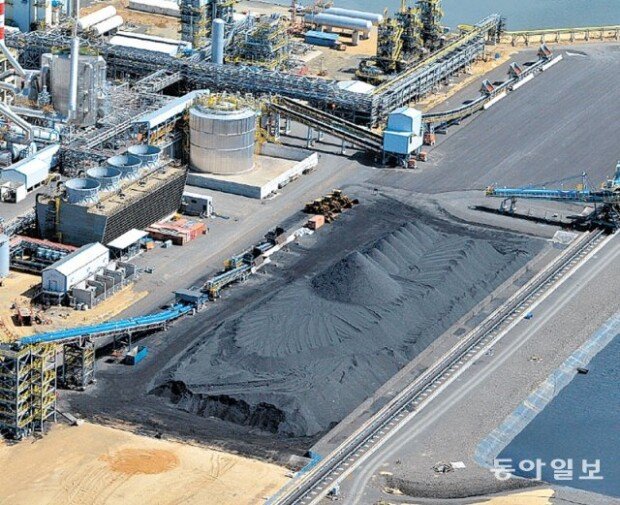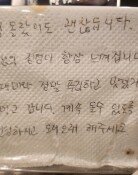Price of nickel soars 70% in just one week
Price of nickel soars 70% in just one week
Posted March. 10, 2022 08:04,
Updated March. 10, 2022 08:04

The price of nickel, a key material of the battery, is soaring. There are concerns that the battery industry for electric vehicles, which has been emerging as the next-generation major industry of South Korea, might be hindered by the soaring price of the raw material. In particular, concerns are escalating as the global supply shortage of nickel can be prolonged if Russia stops its export of the metal.
According to the Korea Mineral Resource Information Service of the Korea Mine Rehabilitation and mineral Resources Corporation on Wednesday, the price of one ton of nickel was 42,995 dollars as of Monday based on the London Metal Exchange (LME). It is an increase of 166.8 percent from last year when the price was 16,115 dollars.
The price of nickel has been continuously rising from 10,440 dollars in January 2019 to 25,240 dollars on February 28. The main reason is the rising demand for batteries with an increase in the sales of electric vehicles. The higher the nickel content is, the bigger the battery capacity becomes, which means a longer driving range for an electric vehicle.
As international economic sanctions have been applied to Russia for its invasion of Ukraine, the price of nickel jumped. Russia accounts for about 10 percent of the global nickel supply. With the prediction that supply shortage will worsen, nickel’s price rose by a higher degree in just one week than it had for the last three years and two months. When the nickel’s price per ton exceeded 100,000 dollars at one point on Tuesday, the LME suspended the transactions of nickel. A member of LME said the suspension might last for a few days given the recent geopolitical situations.
With the soaring nickel price, the battery industry, which has been garnering attention as the “next semiconductor industry,” is directly hit. The entire industry ecosystem from three major South Korean battery companies – LG Energy Solution, SK On, and Samsung SDI – to companies supplying battery materials are affected. SNE Research, a market research company, predicted the nickel demand of the three major battery companies to be 91,000 tons this year and 134,000 tons next year. By 2030, the demand is expected to reach 648,000 tons, which is more than seven times this year’s demand.
The three major companies mainly import nickel from South America, China, and Australia. Even if Russia suspends export, their sourcing of the metal won’t be halted immediately. However, the cost burden from the additional price increase is unavoidable. In particular, South Korean companies focus on ‘high-nickel’ batteries whose cathode materials’ nickel content is more than 90 percent. As high-nickel batteries’ supply increases, nickel demand per electric vehicle will increase from 36 kilograms this year to 41 kilograms in 2030. Adding nickel demand for stainless steel in the steel industry, there are concerns that the nickel supply shortage will become the new norm from 2024 across the globe. Some battery industry insiders predict that global No.1 battery company based in China Contemporary Amperex Technology may reduce battery production.
skytree08@donga.comramblas@donga.com
Headline News
- Biden authorizes Ukraine to use long-range missiles against N. Korea's troop deployment
- Democratic Party criticizes court in charge of Lee’s case for ‘judicial murder’
- Jannik Sinner achieves remarkable success on tennis court
- Xi Jinping asks Yoon to visit China first
- Chey Tae-won appointed as chair of APEC CEO Summit







